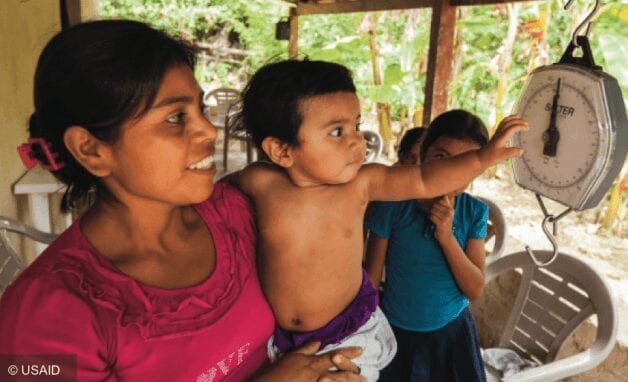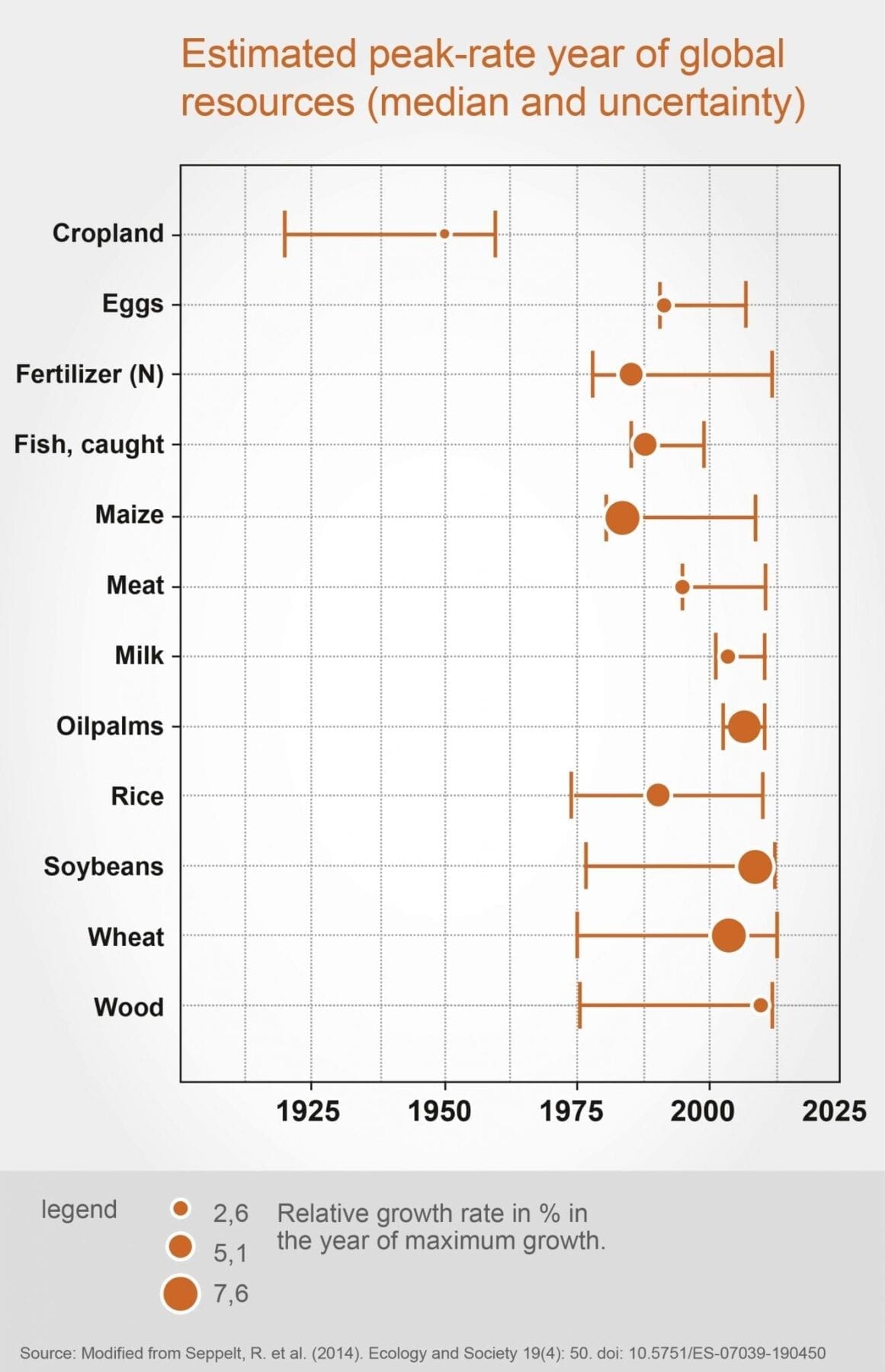
Lab’s Institute for Globally Transformative Technologies (LIGTT) produces first-of-its-kind blueprint for sustainable global development
Since the polio vaccine was introduced in the 1950s, one of the most dreaded diseases in history has been all but eradicated. Are there other scientific breakthroughs that could have an equally transformative impact on global human development, and if so, what are they?
When Lawrence Berkeley National Laboratory’s Institute for Globally Transformative Technologies (LIGTT) tried to answer this question, it found there were no good answers—or too many answers. So LIGTT director Shashi Buluswar assembled a small team and set out to identify the world’s most-needed game-changing technologies. After two years of investigation and analysis, the result is “50 Breakthroughs: Critical scientific and technological advances needed for sustainable global development.”
“When we started looking around, we realized there was a huge concentration of technologies in a very small number of areas, most of which were incremental advances, such as in water filtration. There’s a new water filtration technology every year,” Buluswar said. “We decided to do our own study to find the big things that matter, that technology could move the needle on.”
The aim of the 50 Breakthroughs study is to give philanthropies, aid agencies, businesses, and technologists a blueprint for where to invest their resources to achieve the highest impact. The study was funded by the U.S. Agency for International Development (USAID), the Lemelson Foundation, and the Schmidt Family Foundation. USAID’s funding was made possible through its Higher Education Solutions Network’s Development Impact Lab, one of eight HESN Development Labs working to redefine problems, identify new solutions, and source development breakthroughs by tapping into the passion and ingenuity of university students, researchers, and faculty to deliver development impact.
“USAID invests in a wide variety of programs and technologies,” said Dave Ferguson, Director of the Center for Development Innovation of USAID’s U.S. Global Development Lab. “We believe science, technology, and innovation can deliver transformational results, and the 50 Breakthroughs study is an extremely valuable contribution in this endeavor.”
The breakthroughs are divided into nine categories—global health, food security and agricultural development, human rights, education, digital inclusion, water, access to electricity, gender equity, and resilience against climate change and environmental damage—covering every aspect of global poverty.
Read more: Berkeley Lab’s List of Top 50 Game-Changing Technologies for Defeating Global Poverty
The Latest on: Global Poverty
[google_news title=”” keyword=”Global Poverty” num_posts=”10″ blurb_length=”0″ show_thumb=”left”]
via Google News
The Latest on: Global Poverty
- WATCH | Global Citizen NOW aims to tackle poverty at summit in New Yorkon May 1, 2024 at 1:58 pm
Rwanda and global companies. The summit driving action to end extreme poverty, returns to New York City for a third year, on May 1 and 2. Leaders from the worlds of public policy, media, entertainment ...
- How realistic is a global fossil fuels tax to aid the green transition?on May 1, 2024 at 10:29 am
A new report has claimed that a tax on the extraction of fossil fuels could raise $720bn by the end of the decade for to support the green transition in the world’s poorest countries. Led by Stamp Out ...
- Global Citizen NOW Summit taking place in New York Cityon May 1, 2024 at 8:58 am
The Global Citizen NOW summit driving action to end extreme poverty, returns to New York City for a third year, on May 1 and 2. Hugh Evans, Cisco's Francine Katsoudas and 2023 Global Citizen Prize ...
- Campaign aims to end extreme poverty globallyon May 1, 2024 at 12:41 am
Global Citizen CEO Hugh Evans and actress Danai Gurira drop by to talk about Global Citizen NOW, a summit that drives action to end extreme poverty worldwide.
- World Newson April 30, 2024 at 10:22 pm
The Taliban have imposed a dress code for women and requirements for them to have a male guardian, or mahram, when they travel. Dining alone, traveling alone, and socializing with other women in ...
- UN Security Council needs restructuring for a world without “refugees and poverty”on April 30, 2024 at 11:50 am
Though world military expenditure has been increasing continuously during the last nine years, no member country had stopped to ask, “How can this be?” We have endorsed and ratified the UN founding ...
- ‘My Place Is Here’ Directors on Women’s Rights, Poverty in Post-War Italy, Trailer Debuts (EXCLUSIVE)on April 30, 2024 at 1:32 am
Another aspect of the film is its depiction of poverty and a lack of opportunity in Southern Italy ... and we tried to create this world in which there was not a lot of color, and somehow everything ...
- On Earth Day: Why Christians need to care about global child poverty, extreme weatheron April 22, 2024 at 2:07 am
As the world looks to tackle the urgent issue of global child poverty, our faith calls us to address the deeply connected issue of how extreme weather affects children ...
- World Bank wins $11 bln in pledges to boost lending for climate, global criseson April 19, 2024 at 2:00 pm
The World Bank on Friday said that 11 countries have pledged to contribute over $11 billion to new hybrid capital and portfolio guarantee instruments designed to expand the bank's financing capacity ...
- 35 Countries with the Lowest Poverty Rate in the Worldon April 18, 2024 at 12:49 pm
With a poverty rate of 0.3%, Estonia is one of the countries with the lowest poverty rates in the world. It also has a GDP per capita growth rate of 10.17%, which is among the highest on this list ...
via Bing News










